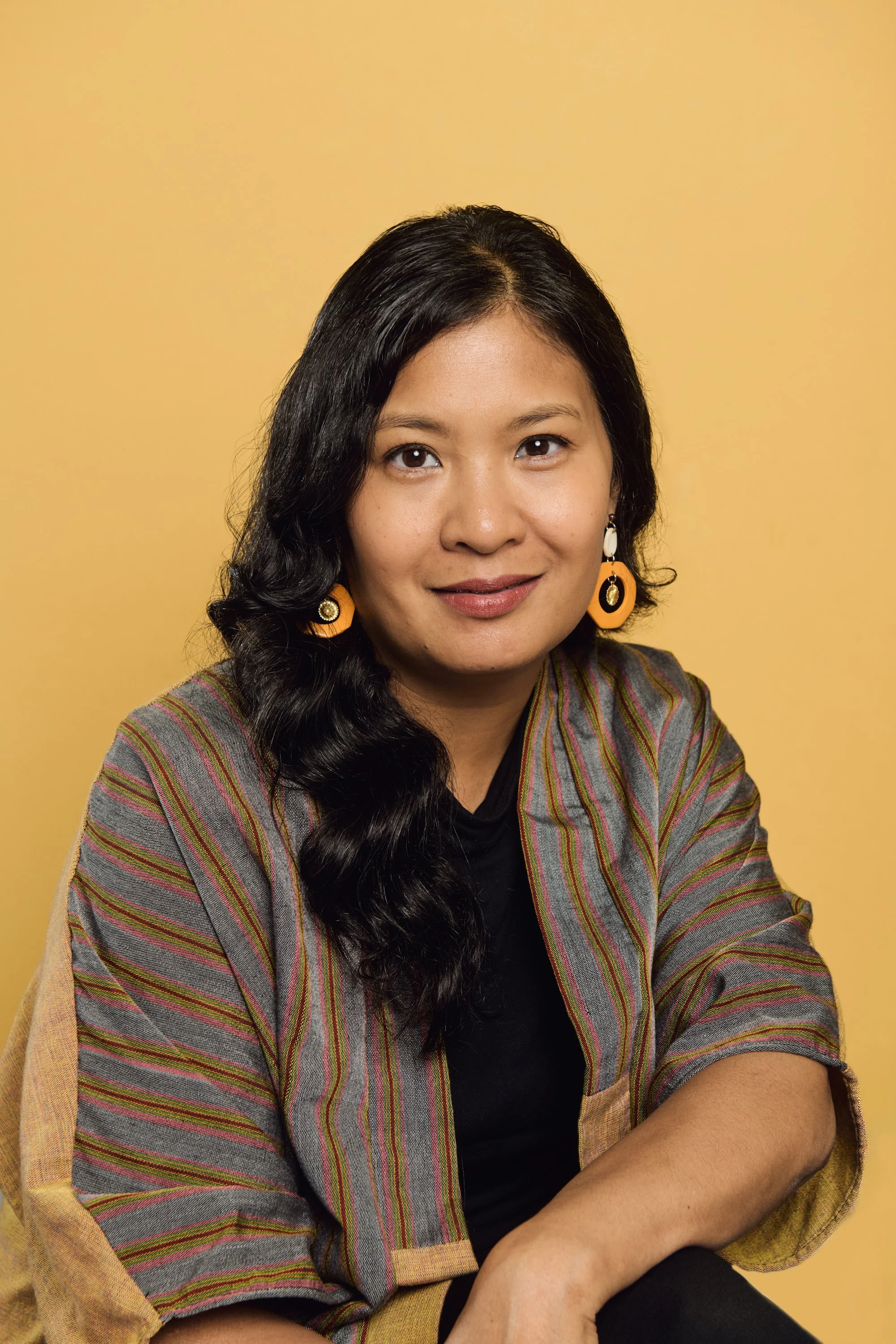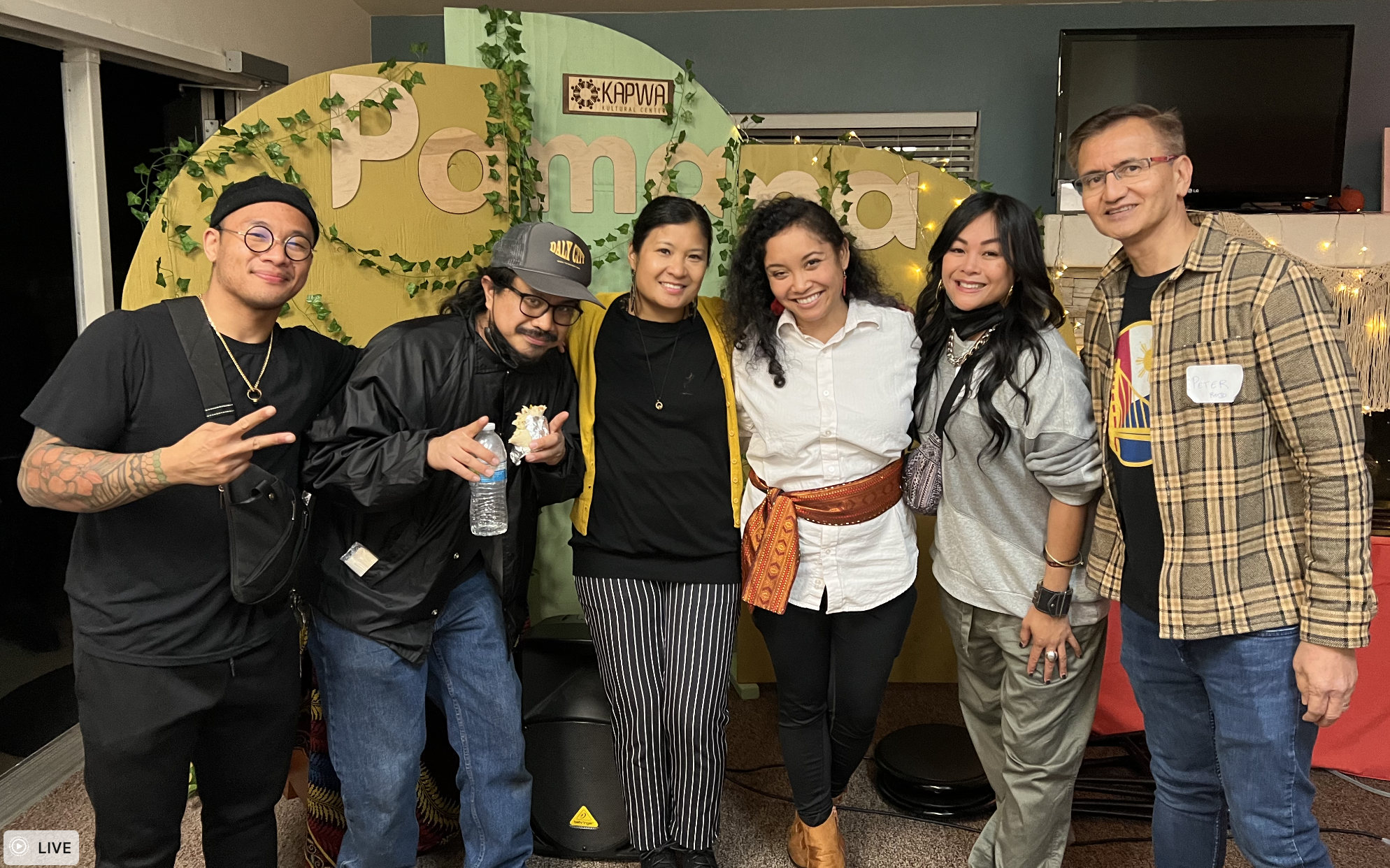Meet the Team
-

Stephanie Garma Balon, LMFT
Co-Founder | Executive Director
-

Christi Morales-Kumasawa, AMFT
Co-Founder | Director of Operations
-

Alaina Moguel, MPH
Community Engagement Manager
-

Deodor Tronco
Business Development Associate
Bridge Advisory
Building, Restoring, Innovating our Dedication to Generational Enrichment
KKC established KAYA in 2021 to ensure accountability from community stakeholders who help to maintain the integrity of our mission and vision.
Youth representation is essential to the development of programming and involvement in other decision-making opportunities, including but not limited to, the design of the physical cafe space and structuring of evaluation tools.
With a core group of 8 members, they are not only informing the implementation phases, they are also assisting in piloting most of the youth-centered programming. Since April 2022, they have already participated in various menu offerings, such as leadership development workshops and retreats, conducting outreach, and assisting to organize a 2-day seminar where youth can explore entrepreneurship skill building. KAYA has also served as a peer-to-peer support system for their fellow youth in activities, such as leading a narrative based workshop on decolonizing mental health through the utilization of Photovoice at a youth mental health conference.
KApwa Youth Advisory
KAYA ᜃᜌ
In alignment with a community collaboration approach, the BRIDGE Advisory group (formerly named TRIBE Advisory) was established in the summer of 2018 which is comprised of subject matter experts, Filipino Mental Health Initiative (FMHI) San Mateo County members, Filipino/a/x students and community stakeholders (e.g. local Filipino/a/x- owned businesses, educators, cultural organizations, health & wellness program providers and civic officials).
A focus on a collaborative, community-based asset approach to the Kapwa Kultural Center and Cafe allows for leveraging of influence, resources, expertise and capacity to provide services, especially in providing services that address cultural, social and linguistic needs of the community. A collaborative approach benefits from regular communication, sharing of resources and problem solving and offering ongoing presence and opportunities for community members to engage in services.




